'What place do you think the Beatles' story will have in Western culture?', a reporter asked a young Paul McCartney, basking in unprecedented glory for a band.
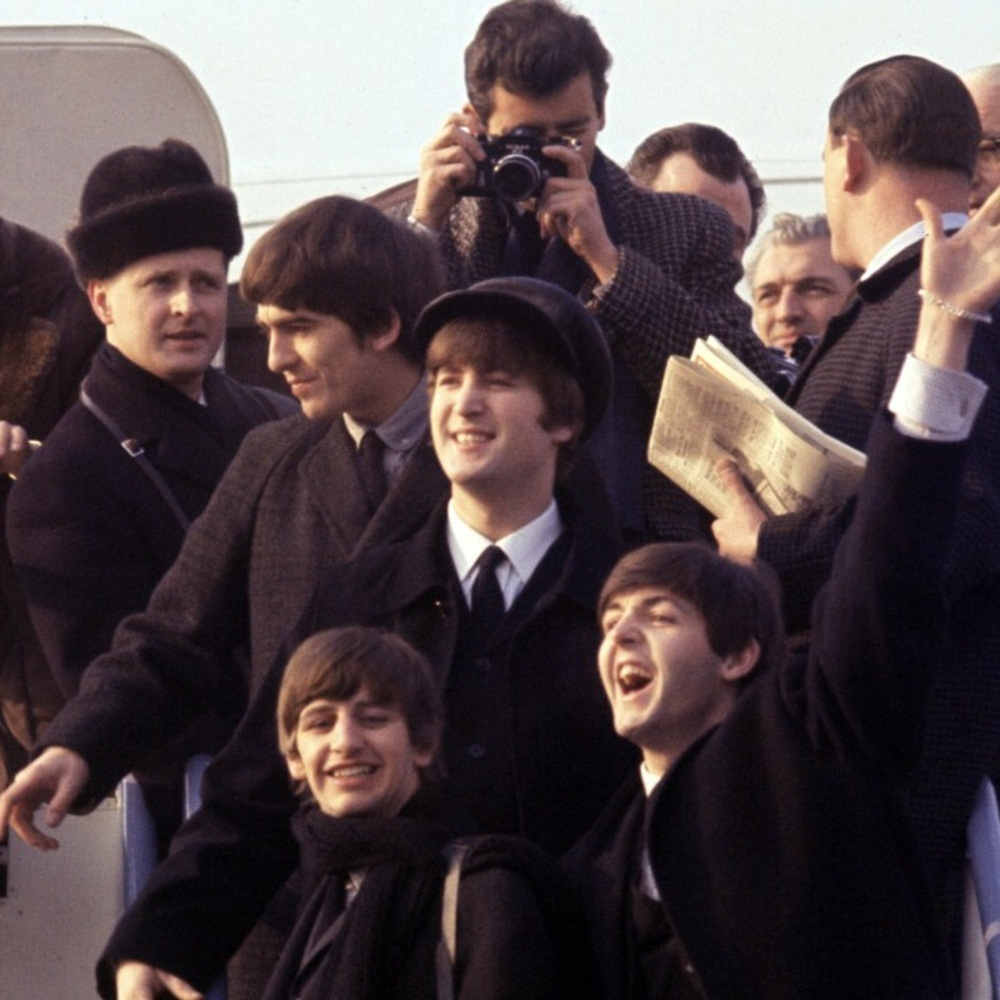
Scene from the movie Beatles' 64 - Photo: IMDb
Paul rested his chin on his hand, his doe eyes dreamy as he replied: "You must be joking. Culture, this is not culture. This is just a fun."
Footage of that interview has been used in several previous documentaries about The Beatles.
With "ingredients" that are not too new, almost known by heart by die-hard fans, cinema master Martin Scorsese (producer) and his close collaborator David Tedeschi (director) still know how to turn the documentary Beatles' 64 into a sweet and humorous, lovely and nostalgic portrait of John, Paul, George and Ringo.
The Beatles' 64 Newness
The difference is that unlike most other filmmakers who chose The Beatles as their subject, who were all juniors to the band, Martin Scorsese was born in 1942 - meaning he was the same age as Paul McCartney.
More importantly, the New York filmmaker's illustrious career puts him in a position of peer observation. And the film is how the greats see other greats.
The Beatles arrived in America less than three months after the country had experienced its saddest days: the assassination of President Kennedy.
Beatles '64 | Official Trailer
A country still in mourning and four small-town boys arriving at the airport named after the recently deceased former president, proving to Americans that life goes on.
The same old story is told: interviews where The Beatles used their somewhat childish wit to respond to journalists; footage in private spaces where they showed all the mischief, innocence and devilishness of twenty-year-old boys; fanatical fans competing to buy the band's used towels.
There are still familiar sociological explanations for their incredible success, such as how they created the image of "a new man" who rejected the display of strength to express the inner feminism (according to the pioneering scholar of the second wave of feminism, Betty Friedan).
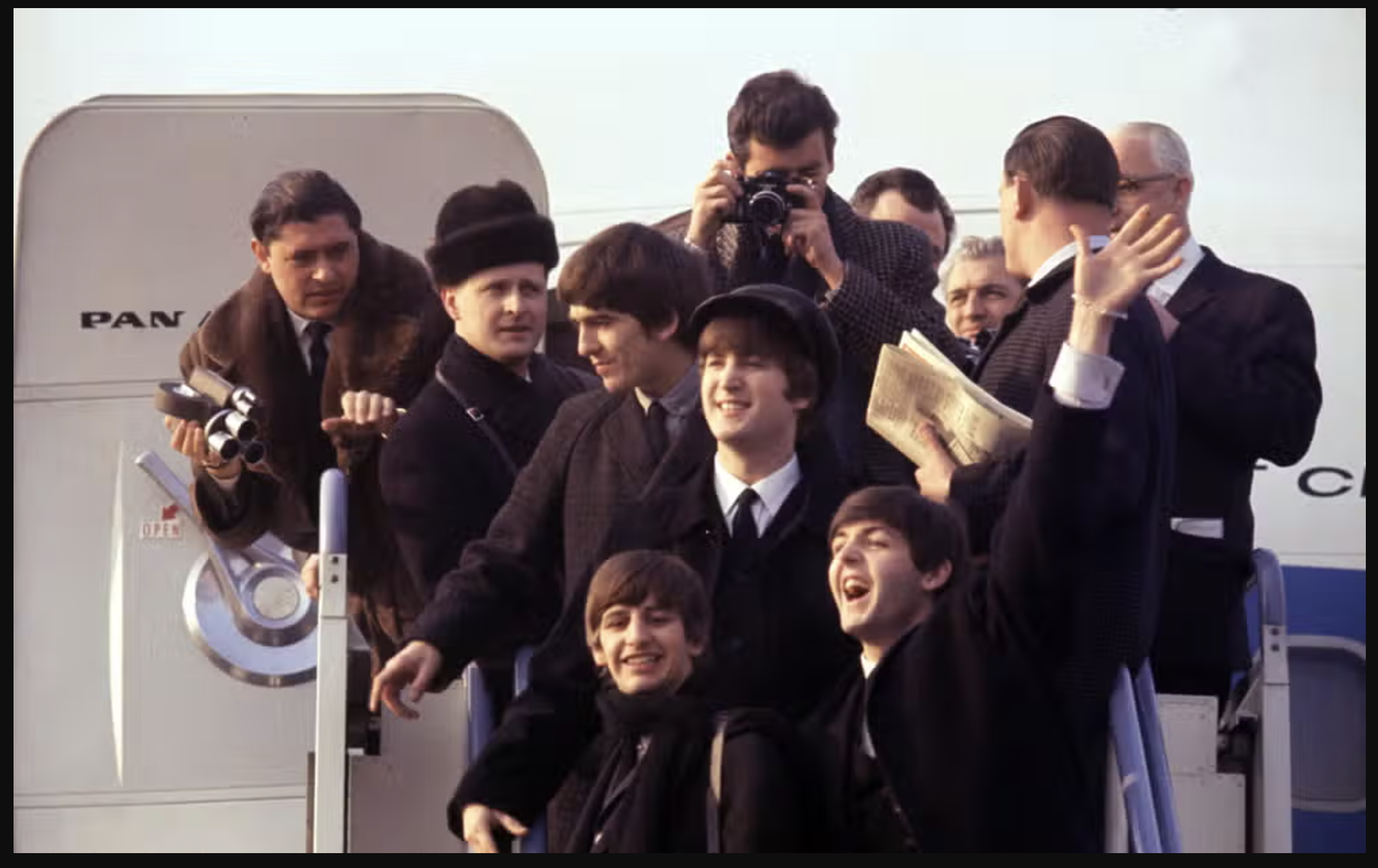
Scene from the movie Beatles' 64 - Photo: IMDb
But the novelty of Beatles' 64 lies in two things.
First are the "witnesses" of the era in the film. It is the daughter of conductor Leonard Bernstein who tells about the night she brought the TV upstairs to the dining room with her father to watch The Beatles on the Ed Sullivan show.
That was the famous director David Lynch recounting the time he accidentally got tickets to see the band's concert in Washington, when he was just a teenager.
He was a young man who hopped on a transatlantic train from New York to Liverpool as a pilgrim, causing chaos in the English city and later being edited for John Lennon's Imagine album.
Every story is tinged with the kind of adventure that can only be found in fearless young souls.
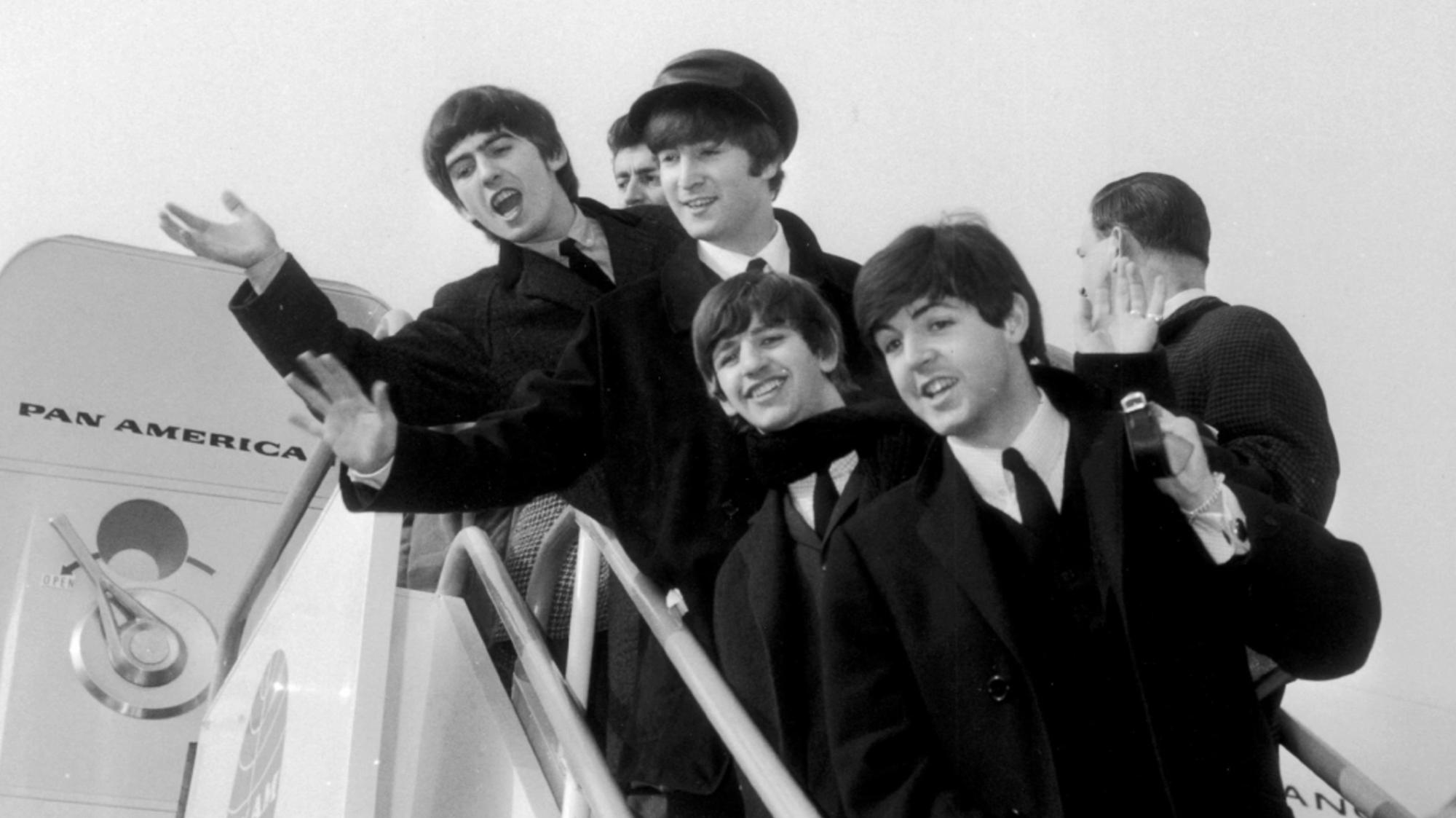
Scene from the movie Beatles' 64 - Photo: IMDb
The unique thing about film syntax
The film opens with the death of President Kennedy and ends with an interview with John Lennon when he humbly describes the wave of British cultural invasion to America as an ocean liner searching for a new continent and The Beatles were no more outstanding than anyone else, they were just standing on the upper deck so they were the first to see land.
The film cuts to John pretending to put his hand to his forehead like a sailor, shouting: "There's land!".
An ending that suggests a bright future for The Beatles but at the same time, when placed in contrast to the opening, also suggests a sad end for the band's leader.
There is a clip of fans holding a banner that reads: "Choose Ringo for President".
The Beatles were perhaps also supreme leaders in their own kingdom, a kingdom of youth and love. The Beatles came to dispel the sadness of the death of the young American president.
But in turn, John was also cruelly deprived of his life.
Everything was set up to make The Beatles heroes. In one clip, composer Leonard Bernstein sways to the beat of She Said, She Said and John sings: "...everything's right."
In the context of this movie, perhaps we can understand that lyric as: everything seems inevitable, destined for The Beatles to be a highlight, a revolution, an earthquake, a lifetime of joy, a love.
The film covers just one short chapter in the band's history: the two weeks they first set foot in America.
Short, but the echoes resonate forever.
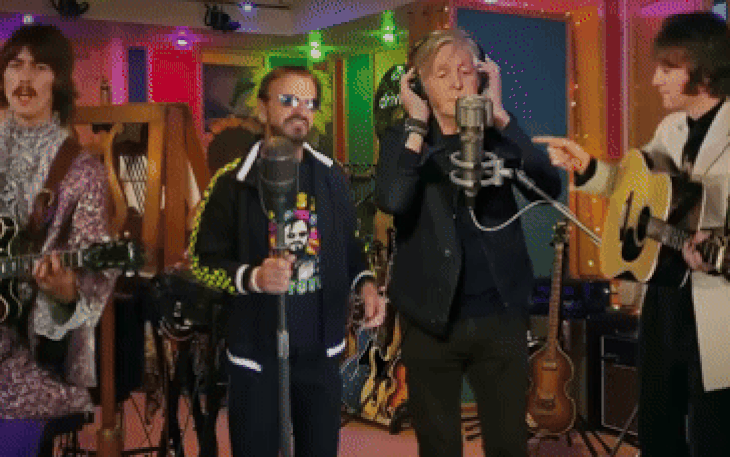 30 years for The Beatles' last song
30 years for The Beatles' last songSource: https://tuoitre.vn/beatles-64-mot-cuoc-vui-de-doi-20241208104530885.htm


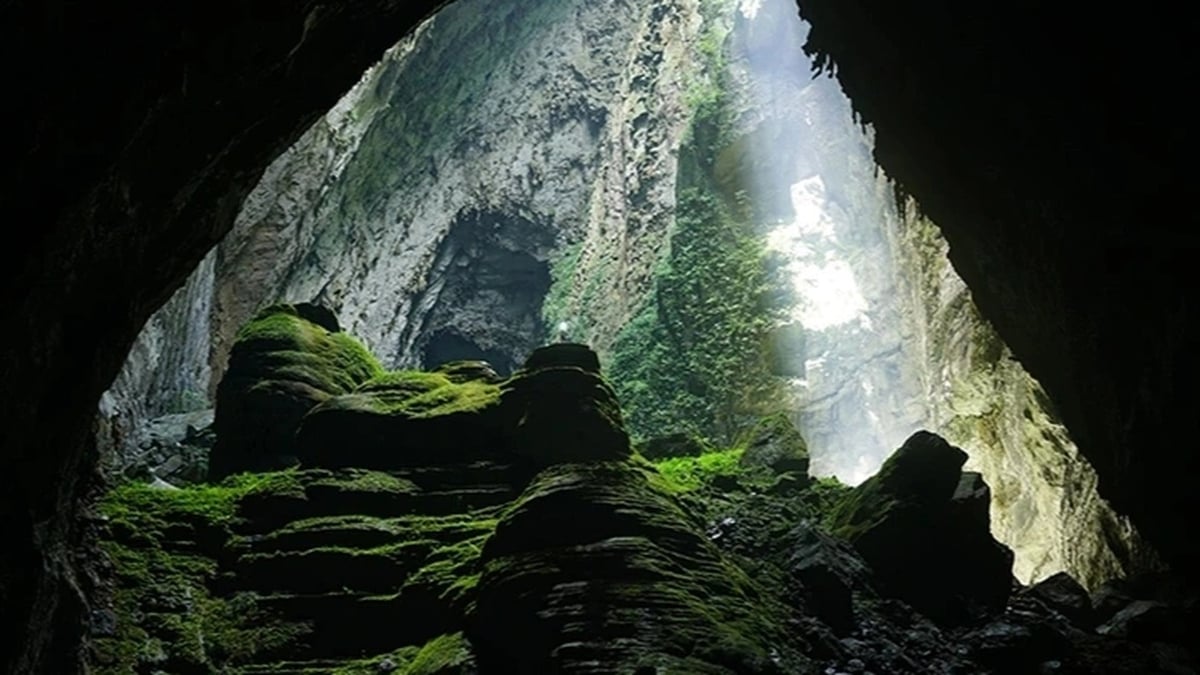



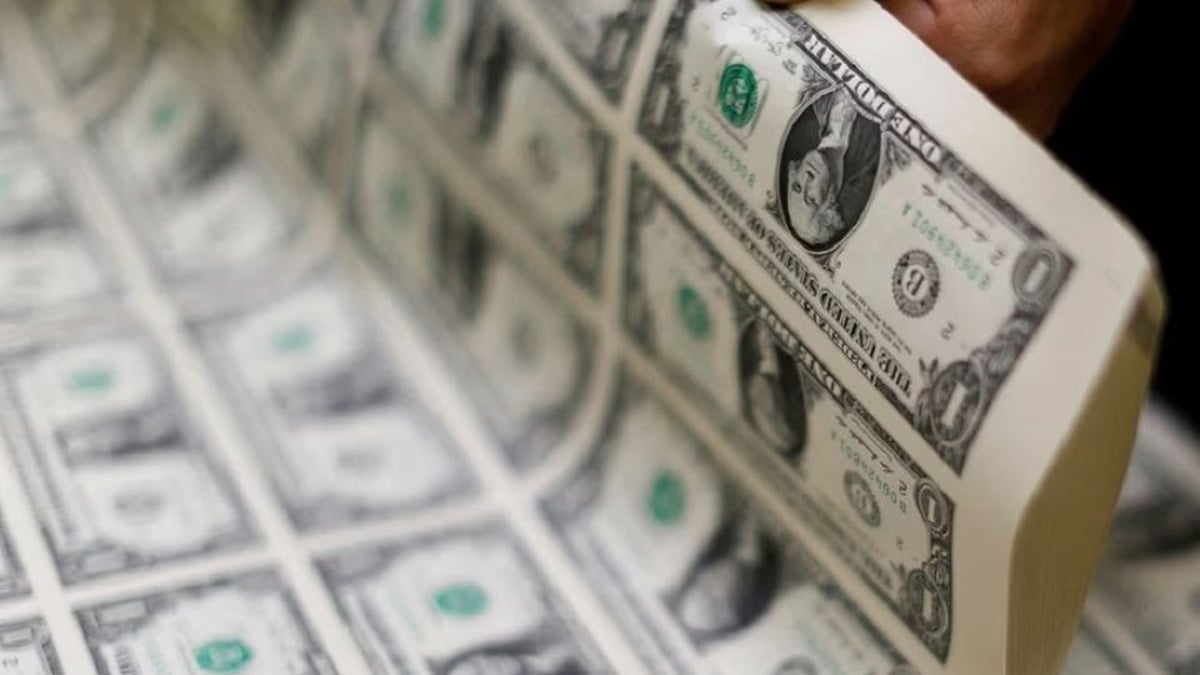


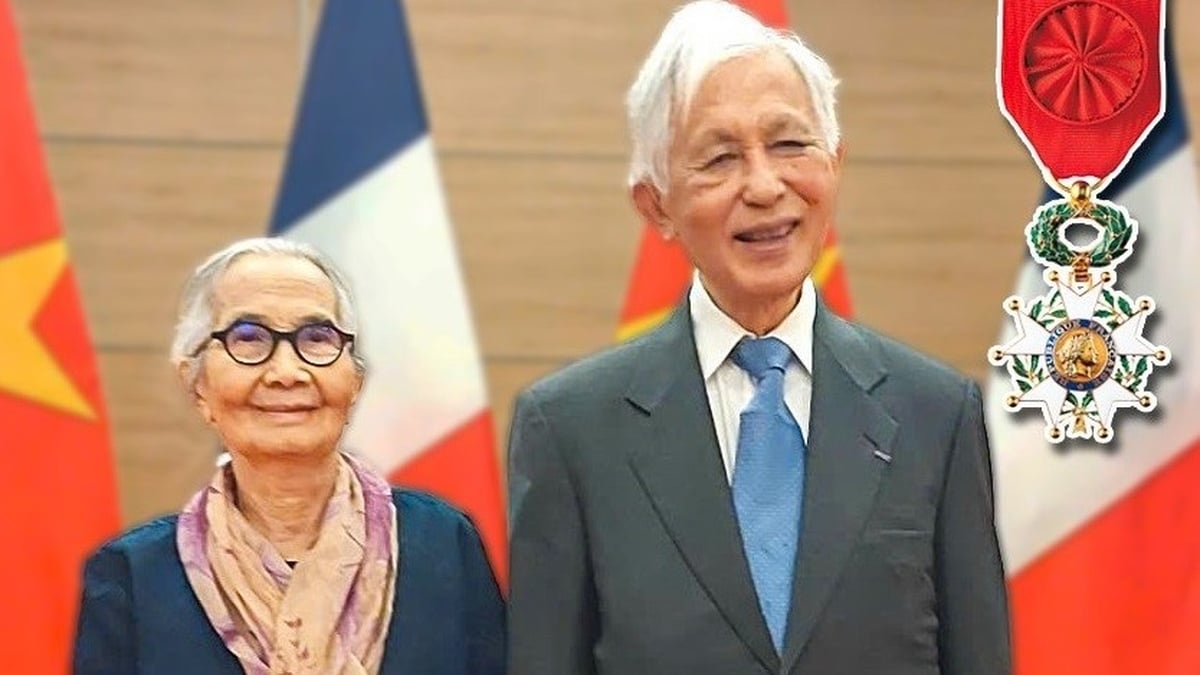






































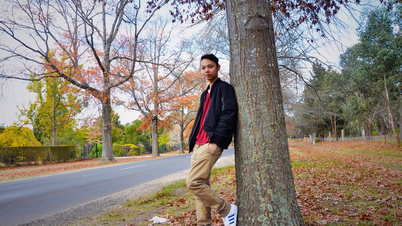

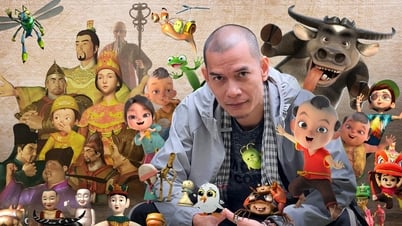







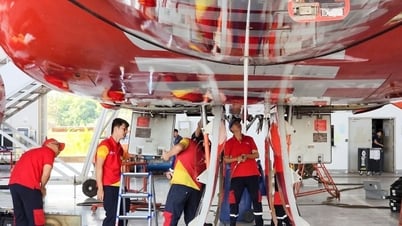








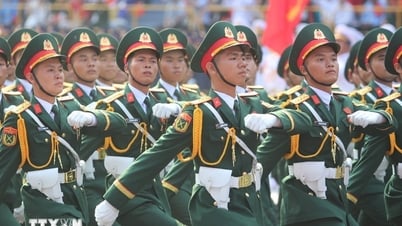


































Comment (0)